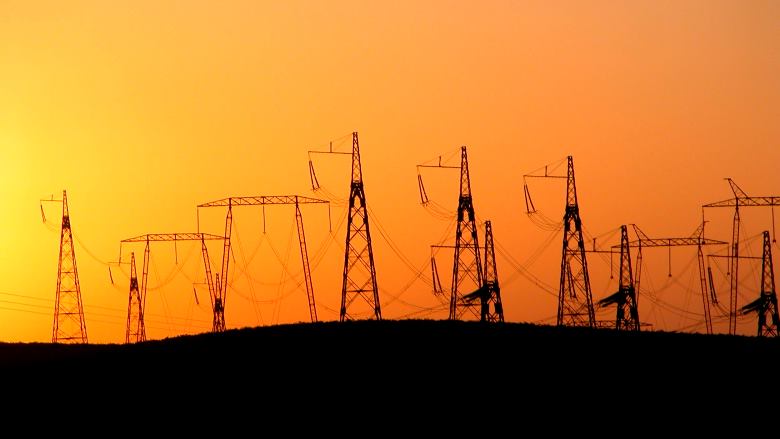CASA-1000 nations push for Afghan funding revival as transmission project faces delays
The Joint Working Group (JWG) on CASA-1000 will meet in Istanbul on 21-22 November 2024 with the World Bank, International Financial Institutions (IFIs) and donors, to discuss the challenges of delays in the electricity transmission project. can be done the way to its completion.
The CASA-1000 initiative, launched in 2006, aims to deliver surplus electricity from Kyrgyzstan and Tajikistan to Afghanistan and Pakistan during the summer months.
The project involves $1.2 billion in funding from agencies including the World Bank, USAID, and the Islamic Development Bank, with Pakistan contributing $220 million.
Although its infrastructure includes two-way transmission capabilities, which allow for the reverse flow of electricity in winter, funding challenges in Afghanistan have hampered progress.
Key project contracts were awarded to contractors from India and other countries through competitive bidding, verified by consultants. However, the political situation in Afghanistan has halted construction activities due to the suspension of funding from the World Bank and USAID.
Recent discussions among CASA-1000 stakeholders have highlighted the need for re-engagement of the World Bank in Afghanistan. At a meeting in Dubai last December, ministers from participating countries urged the bank to resume funding, stressing that the full assets in other countries would not be used until That the Afghan part of the transmission line is not working.
The World Bank confirmed its willingness to release $300 million under a revised framework bypassing Taliban control during a working group meeting in March 2024. Afghanistan’s energy utility, Da Afghanistan Breshna Shirkat (DABS), has endorsed this approach and is working with contractors to reassess project timelines.
Sources say that 100% of the transmission material in Afghanistan is intact, with contractors ready to resume work upon payment of arrears and confirmation of further funding. Work is expected to resume within months, with the project expected to be completed by 2026.
The meeting in Istanbul will focus on overcoming these funding constraints and accelerating progress to ensure the project delivers its intended benefits to the region.





